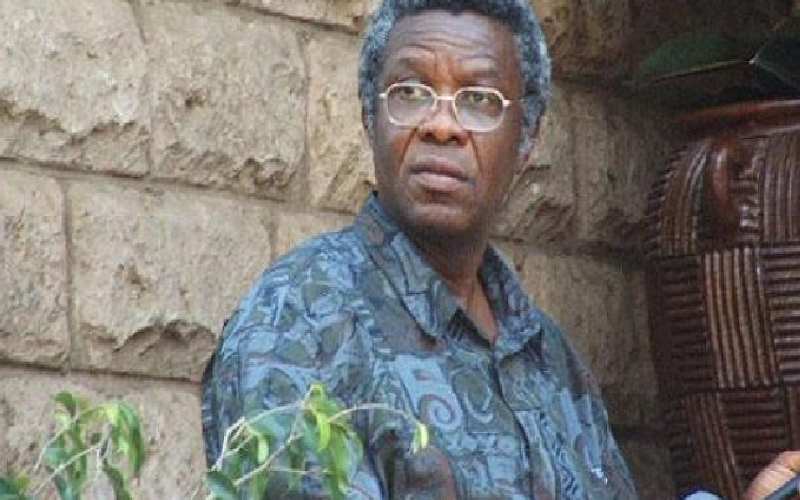×
The Standard e-Paper
Fearless, Trusted News

After 26 years on the run, the prime suspect in the 1994 Rwanda genocide, Felicien Kabuga (pictured) , has finally been arrested in France. The arrest puts paid to the long-standing claim that Kabuga was hiding somewhere in Kenya.